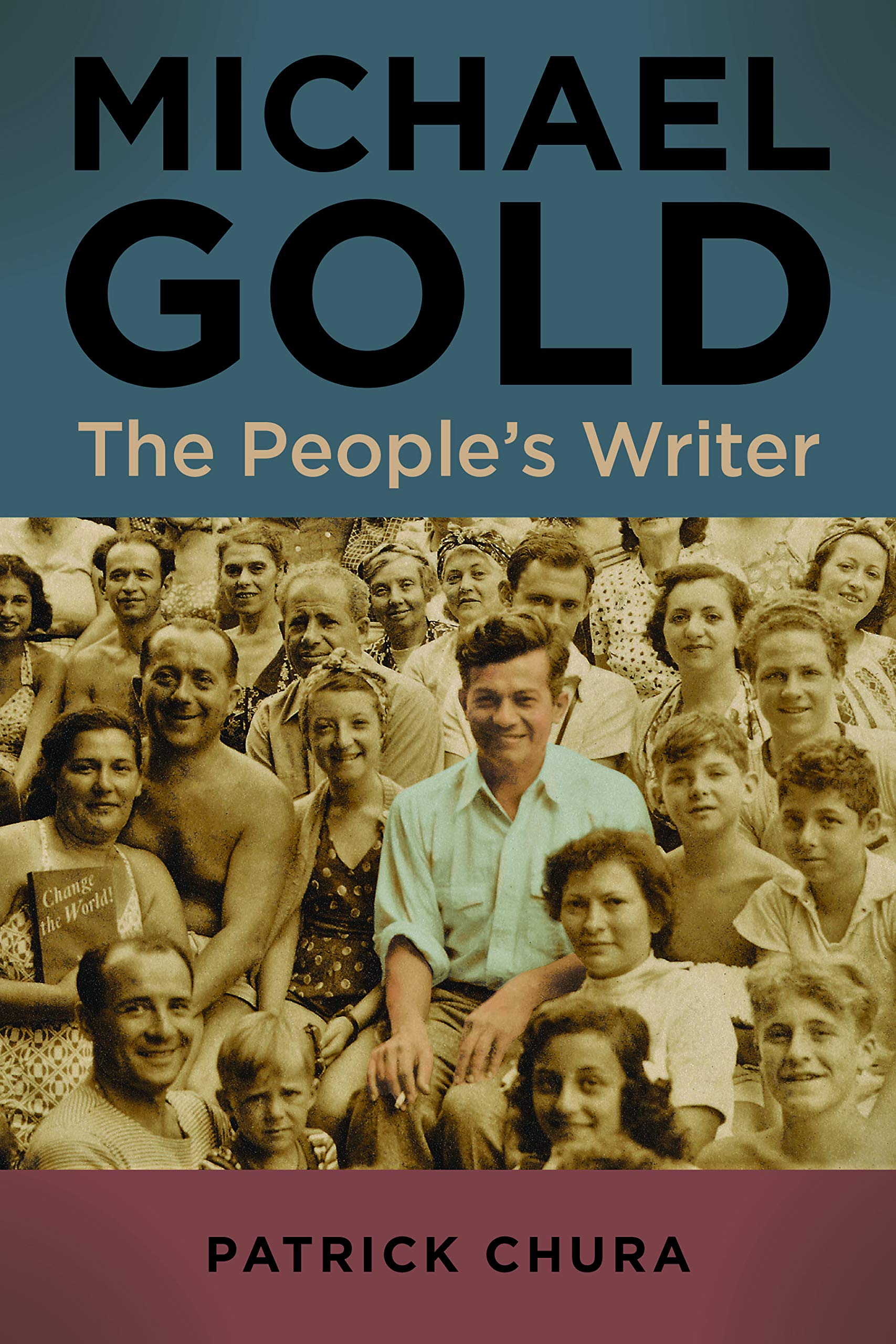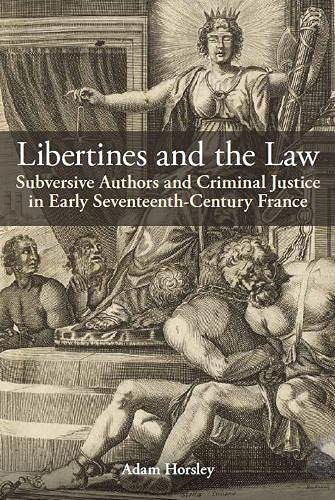The Literary Encyclopedia Book Prizes 2022
Michael Gold, The People’s Writer
- Professor Patrick Chura, University of Akron
- SUNY Press, 2020

We are pleased to award the 2022 Literary Encyclopedia Book Prize in the category ‘Literature originally written in English’ to Patrick Chura’s Michael Gold, The People’s Writer (2020), an outstanding work of literary biography that re-evaluates Gold’s writing in relation to literary, political, sociocultural and economic conversations about Jewish American literature, the Literary Left, and the purpose and value of art. The book provides a deeply researched and fascinating understanding of Gold’s life and writings, and brings to light his publications in newspaper and magazines which evidence his belief that engaged literary activism has a crucial role to play in social change. Chura also reveals how Gold’s confrontations with key literary and academic figures who disavowed Communism in the 1950s led to the erasure of his work from scholarly literary history and from the public attention it deserves. Chura’s meticulous and balanced analyses draw on a wealth of archival records, oral histories and FBI records and allow the reader not only to appreciate why his life and work merit greater prominence in the history of American literature, but also how that history has been shaped by political pressures which often go unacknowledged.
Libertines and the Law: Subversive Authors and Criminal Justice in Early Seventeenth-Century France
- Dr Adam Horsley, University of Exeter
- Oxford: Oxford University Press, 2021. Published for the British Academy.

We are equally delighted to award the 2022 Literary Encyclopedia Book Prize in the category ‘Literature in languages other than English’ to Adam Horsley’s Libertines and the Law: Subversive Authors and Criminal Justice in Early Seventeenth-Century France (OUP 2021), a monograph endorsed by major scholars as an outstanding work of scholarship within the fields of literary studies, criminology, and political and religious history. Horsley’s original approach to the question of libertinage is to explore its history in political trials in early seventeenth-century France, through which he reveals how the word was used to prosecute subversive authors such as the poet Théophile de Viau or the Italian philosopher Vanini. Horsley’s meticulous archival study and expert analysis of legal arguments and practices reveals with extraordinary acuity how this society sought to define freedom of thought and action, whether in political and religious matters or in social conduct, and how to repress it. The study is set to become “a point of reference in the field for anyone interested in the intersection of the law with literary and intellectual history” (Hugh Roberts).


